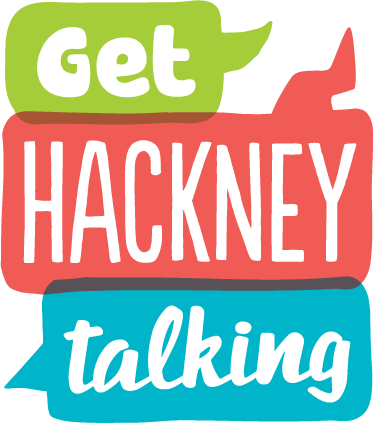What does Social Skills mean?
Social skills are the skills such as:
- Making eye contact/looking at the person who is talking or you are talking to.
- Taking turns in games/activities/when talking with someone.
- Knowing how to make friends and be a friend.
- Knowing how to start, continue and repair conversations.
- Knowing what to do when things go wrong in social situations e.g. in the playground.
- Understanding other peoples’ feelings.
These skills often come naturally to us, but some children find it harder to know when or how to use these skills.
Strategies to Help Develop Social Skills
The Rules of Conversation
- Talking about the same thing – if your child changes the subject in the middle of a conversation, stop your child, tell them what you are talking about and ask a relevant question to get them back on track e.g. “We’re not talking about your new shoes. We’re talking about what we want to drink. Do you want orange or blackcurrant?”
- Turn taking – Children often find it difficult to take turn and so will call out and interrupt at the wrong time. It is important to tell the child and explain who’s turn it is and help them predict when it will be their turn. g. It’s not your turn now. Look, it’s Billy’s turn. We are going in a circle your turn will be after James.
- Talking too much – Some children tell you too much information, which makes it very difficult to follow what they are saying. Tell them when they have said enough:
g. Adult: What did Sally say? Child: She said “Go and get the bucket” and then I saw some pencils on the floor, so I picked them up and I really liked the red one…. Adult: Just tell me what Sally said. - Tell them when you don’t understand – g. “Sorry, where did you say you went?”
- Tell them if they don’t give enough information – ask them for it. e.g. Child: We went to the park. Adult: Who went to the park?
Eye Contact
- Encouraging eye contact should be as natural as possible. Do not make your child turn his/her head towards you. They will look when they want to – the trick is to make them want to more!
- Try finding opportunities to do it throughout the day – for example hold the child’s cup near your face and wait a second before giving it to him see if s/he looks at you. Don’t let it develop into a battle!
- Get down to your child’s level. Eye contact is much easier face to face.
In General
- Help them to focus their thoughts by asking simple relevant questions.
- Make sure you get to the right answer and praise them for it.
- Tell them if they are doing something that makes conversations difficult and explain what they need to do.
Activities to Help Develop Social Skills
- It’s me!
Good to play in a group with your child’s siblings or friends.
Adult shuts eyes and puts head down, then counts out loud to three and then looks at one child, and says, “who am I looking at?” When the child notices the adult looking at them, they should say or indicate “It’s me!” - Peek-a-boo song
With lots of anticipation, place scarf or netting over your child’s head and sing your child’s name e.g. “Lucas, Lucas, where are you?” Wait for your child to pull off scarf or help them to do this. When you have re-established eye contact sing, “There you are, there you are, how do you do?” - Everybody do this song
Do an action (clapping, brushing teeth, tapping knees) repeatedly and sing “Everybody do this, do this, do this. Everybody do this, just like me”. Encourage your child to look and copy you. When they are familiar with the game, your child can take turns to lead. - Pass the emotion
Everyone takes it in turns to think of emotion and make the face to go with it (use picture prompts to make this easier). The next person copies the face and ‘passes’ it back or on to the next person. - ‘Bad’ instructions game
Collect together some familiar objects. Start by giving your child a simple instruction to follow (e.g. ‘Give Mummy the ball’). Then deliberately make the instructions difficult to follow (exaggerate as necessary to illustrate the point) e.g. too quiet, too fast, mumbled, too many words. Ask your child to talk about what was wrong and suggest what to do about it e.g. ask for repetition or ask to slow down. - Right and wrong role play
The adult demonstrates examples of good and bad (inappropriate) ways to use social skills, using another sibling or friend as a partner to demonstrate with. Your child then has a turn at practising the right and the wrong way to use a particular social skill. There are lots of different role plays that might be appropriate, depending on the needs of your particular child (ask the speech and language therapist for more specific advice).Examples include:- Physical skills, e.g. eye contact, excessive fidgeting, standing too close
- Taking turns in conversation / interrupting
- Starting and ending conversations at the right time / abruptly
- Staying on topic in conversation / going off on a tangent


